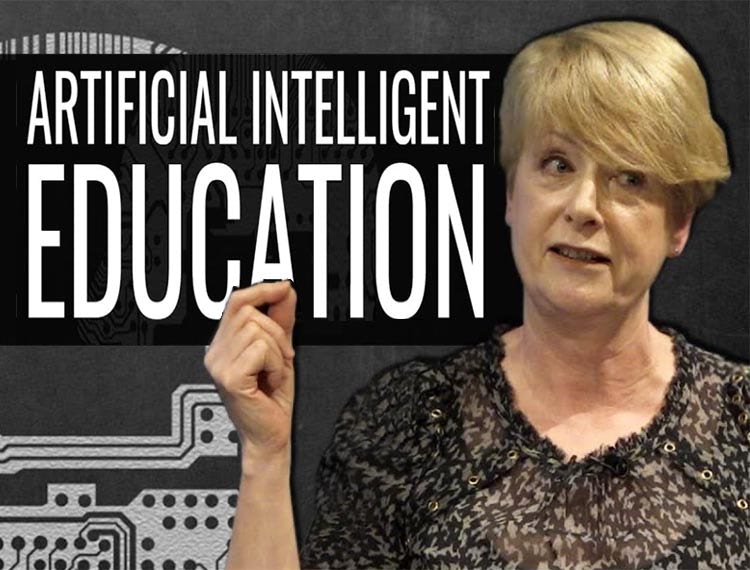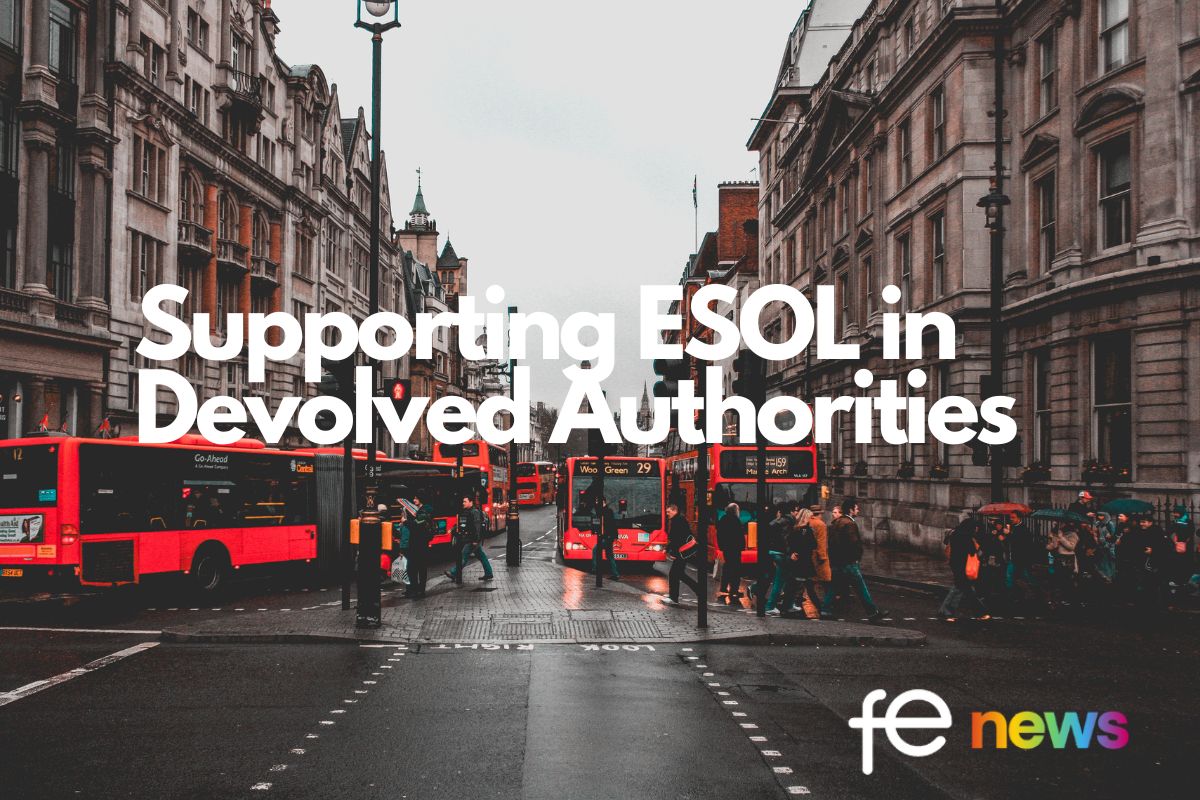Educating people about #Artificialintelligence, so that they can use it safely and effectively #AIEd

Educating the population about Artificial Intelligence
The three key areas that I believe we need to educate people about when it comes to AI:
- Data: We need everyone to have a basic understanding of AI, so that they have the skills and the abilities to work and live in an AI enhanced world. This is not coding, this is understanding why data is important to AI and what AI can and cannot achieve.
- Ethics: We also need everyone to understand the basics of ethics, but we need a small percentage of the population to understand a great deal more about this so that they can take responsibility for the regulatory frameworks that will be necessary to try and ensure that ethical AI is what we build and use.
- Technical: And then there is the real technical understanding of AI that we need to build the Next Generation of AI system. Again, a small percentage of the population will need this kind of expert subject knowledge.
Ethics in AI
I would like to dwell for a moment on the ethical aspect. There are many organisations exploring ethics and AI, or ethics and data.
I find it useful when thinking about ethics to break down the problem into different elements:
- Data: Firstly, there is the data that powers AI. Here, we need to ask questions such as: who decided that this data should be collected? Has that decision been driven by sound ethical judgement? Who knows that this data is being collected and who has given informed consent for this data to be collected and used? What is the purpose of this data collection, is it ethical.? What is the justification for collecting this data, is it sound? We must always remember that we can say no.
- Processing: Next, we need to consider the processing that happens when the machine learning AI algorithms get to work. Have these algorithms been designed in a way that has been informed by a sound understanding of how humans learn? Have the AI algorithms been trained on datasets that are biased, or are they representative of the population for whom processing is being done?
- Output: And finally, there is the output – the results of the processing we have done through our AI algorithms. Is the output suitable to the audience? Is it genuine or is it fake? What’s happening when that output is received by the human interlocutor? Are we collecting more data about their reactions to this output?
There are many questions to be asked about the ethics involved in AI and education and here I have just scratched the surface, but it’s important to highlight that the ethical issues are extremely important.
This is the reason I co-founded the Institute for Ethical AI and Education, because we believe that it’s an area that needs far more intention.
We will be working towards the design of regulatory frameworks, BUT it’s important to remember that education will always be crucial, because regulation will never be enough on its own.
We simply cannot keep up with those who want to do harm through the use of AI. We must therefore ensure that everyone is educated enough to keep themselves safe.
Rose Luckin, Professor of Learner Centred Design, UCL Knowledge Lab
First published on The Knowledge Illusion, this article reviews AI and Education: the Reality and the Potential
In the first article “Intelligent Tutoring Systems: Data is the New Oil” Rose covered the way AI can support teaching and learning.
This article, “Educating people about Artificial intelligence, so that they can use it safely and effectively” dicusses helping people understand enough about AI to know the basics of what it can and cannot achieve.
Finally Rose will explore how we need to change our education systems to value our rich human intelligence.











Responses